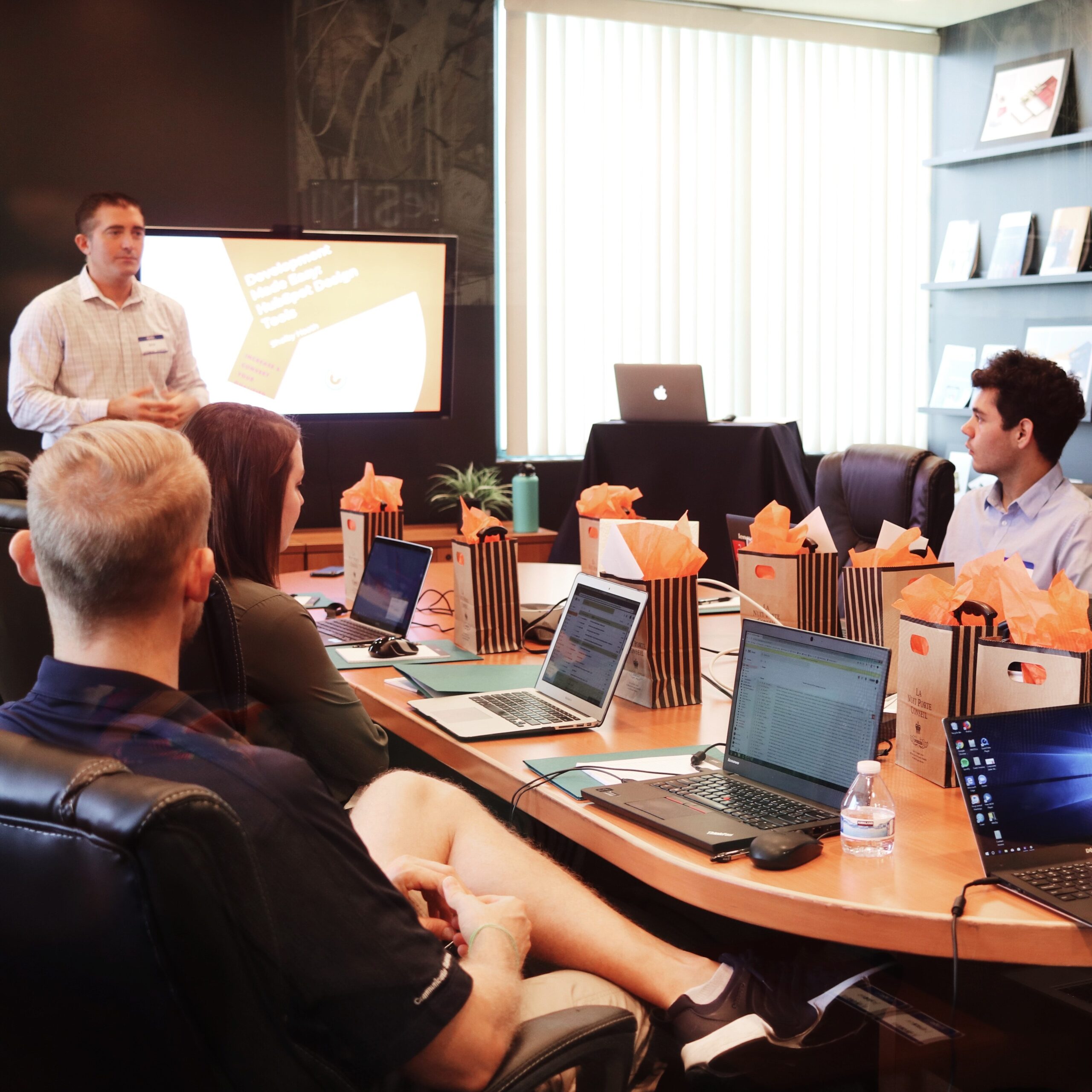It has been incredible serving as the Chief Correspondent for PCUR this past year. I am so excited to now hand over the role to Angel, who has been a Natural Sciences correspondent for the past year and a half.
Not only does Angel write about her research experiences—like her time in Germany— but she also loves interviewing her scientific mentors and bringing their stories to life. She is equally passionate about sharing the self-learned lessons she has gained about balancing academic pursuits with personal happiness and health.
Originally from Bangkok, Thailand, Angel is currently a junior majoring in neuroscience—and a fellow Forbesian! At Princeton, she is conducting her Junior Paper in the Computational Memory Lab, advised by Professor Ken Norman and Dr. Augustin Hennings, where she has been a research assistant since her first year. Her research uses eye-tracking methods to develop strategies for suppressing unwanted memories.
When she’s not writing for PCUR, Angel serves on the leadership team of Princeton Peer Nightline. She also works as an Academic, Learning, and Life Consultant with the McGraw Center and UCA for NEU350. This summer, she will be returning home as a John Bogle Fellow, doing a civic engagement project focused on neuroeducation and improving intrinsic learning capabilities among Thai students.
For fun, Angel loves drawing her friends’ faces as cartoons on random whiteboards wherever they study, talking about recent movies she’s watched or books she’s reading, and saying yes to spontaneous side quests with friends around campus.
Welcome to your new role, Angel!
— Rebecca Cho, Chief Correspondent Emeritus










